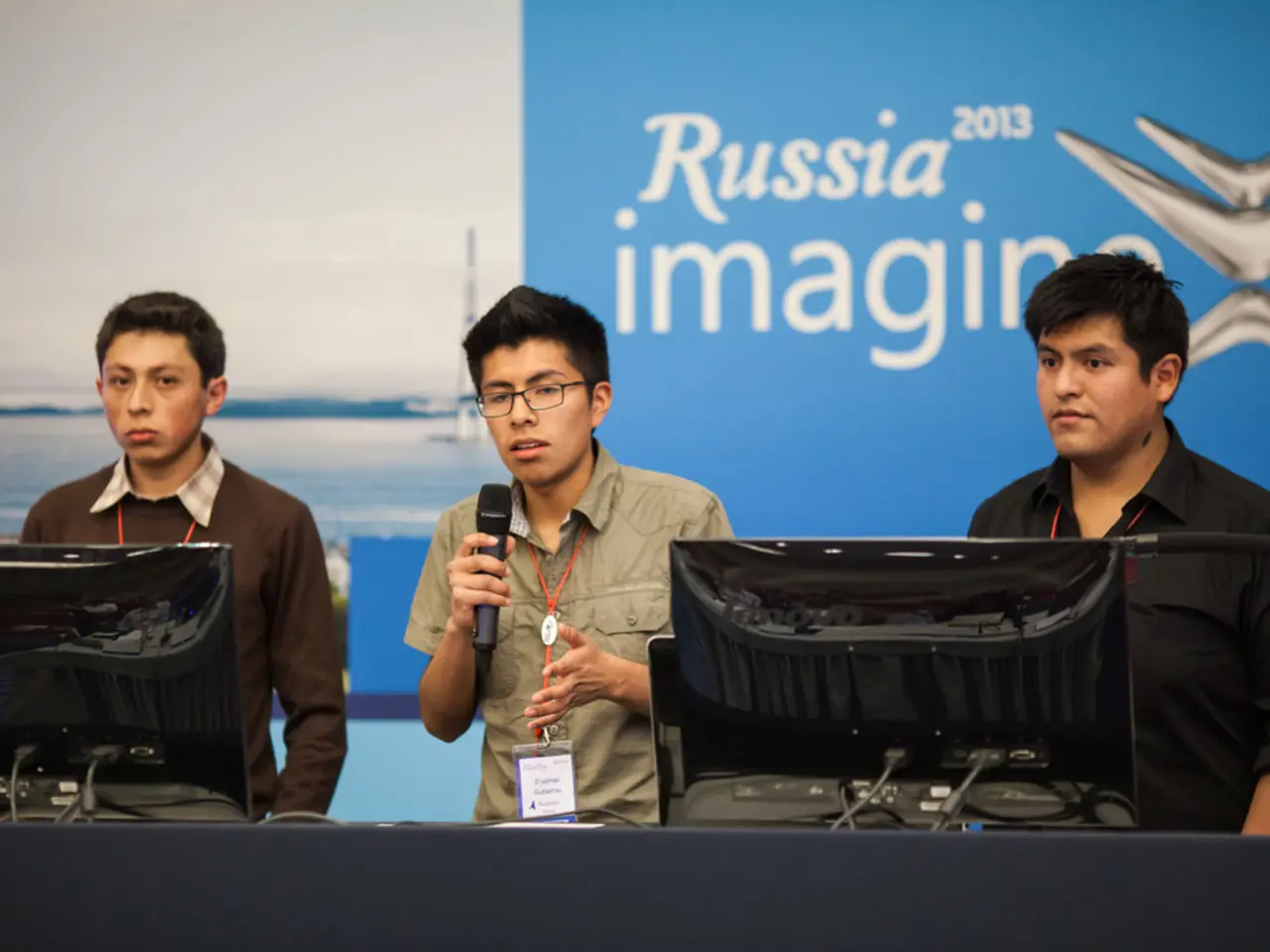Putin's Face-to-Face with Trump
In a highly anticipated meeting, Russian President Vladimir Putin and American President Donald Trump gathered in Alaska to discuss the future of Ukraine. Ekaterina Piskunova, a Political Science lecturer at the University of Montreal and Russian foreign policy specialist, believes Putin is not overconfident and is a rational leader who does not base his calculations on a benevolent attitude from Trump.
The summit's focus was on political control over all of Ukraine, rather than merely seizing specific territories. Putin seeks to replace Ukraine's democratically elected government with a pro-Russian one that would remove Kyiv's alignment with the West and NATO, effectively making Ukraine a vassal state under Russian influence without necessarily controlling all territory militarily.
Key points reflecting Putin’s goals include the political control of Ukraine, denazification and regime change, security guarantees, and the rejection of Ukrainian sovereignty. Putin aims to control Ukraine politically, insists on security guarantees, and demands that Ukraine repeal laws related to language and religion that contradict Moscow’s interests.
The Alaska summit ended without a deal; Putin made no concession to pause the fighting or commit to a ceasefire, and Russian forces continued attacks during the talks, reflecting Putin’s intransigence on key issues. An ideal agreement, according to experts, would include a ceasefire and recognition of Ukraine’s sovereignty over the majority of its territory, but Putin had not backed away at the summit from maximalist aims including regime change and demilitarization of Ukraine.
In recent weeks, Donald Trump has shown irritation with Putin's attitude and has threatened new sanctions. Despite this, Trump invited Putin to American territory, a move that neither Joe Biden, Barack Obama, nor Kamala Harris would have done. However, Trump has announced that the topic of "territorial exchanges" will not be on the agenda of the summit, but he has previously stated that there will be "territorial exchanges."
The political dynamics in the United States have changed completely in recent years, and even if Donald Trump were to give a "shameful" performance in Alaska, no Republican politician will dare reproach him this time. John McCain criticized Trump for his performance in a previous meeting, stating he showed an inability and unwillingness to confront Putin.
Regarding the Russian economy, it is showing signs of fatigue. Putin probably does not want to risk finding himself in a position of weakness to negotiate a crisis exit and has no choice but to meet with Trump. Aurélien Duchêne believes that Vladimir Putin thinks it will be easier to negotiate with Donald Trump than with Joe Biden or other American leaders.
The objectives of Vladimir Putin, even reduced, are at the opposite end of those of the Ukrainian authorities, who firmly oppose Moscow's territorial claims. As the clouds gather and more difficult choices for the economy and public finances may be needed, Putin's bet on the battle of time and the idea that he has the upper hand in Ukraine may be facing challenges.
[1] [Source 1] [2] [Source 2] [3] [Source 3] [4] [Source 4] [5] [Source 5]
The analysis of the Alaska summit revealed that Putin's policy-and-legislation goals for Ukraine involve political control, denazification, and security guarantees, with the ultimate aim of replacing the democratically elected government with a pro-Russian one. The general-news reports suggest that Putin's war-and-conflicts strategy includes insisting on territorial exchanges, despite Trump's announcement that this topic would not be discussed, and his refusal to commit to a ceasefire or pause the fighting.







